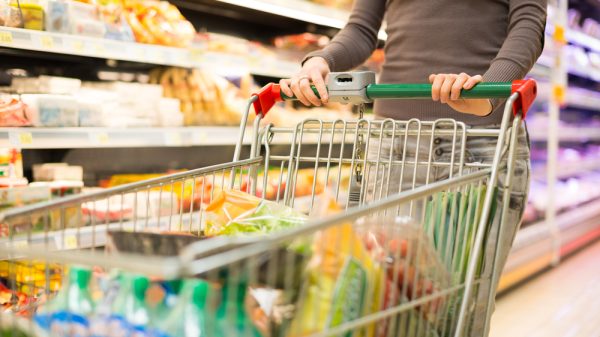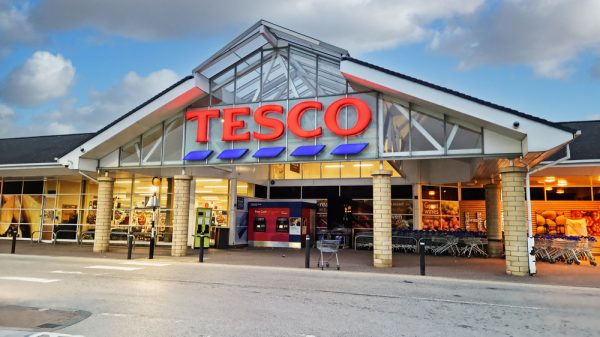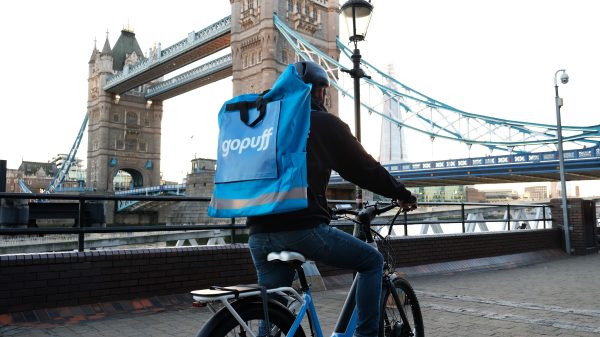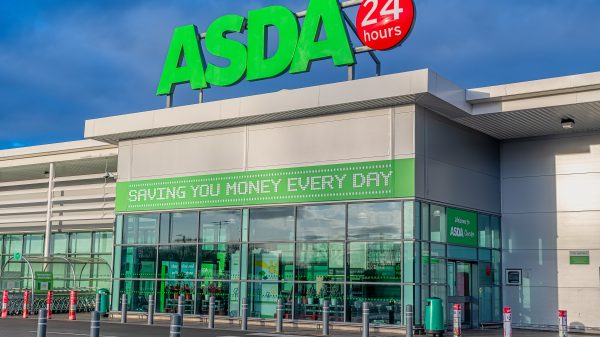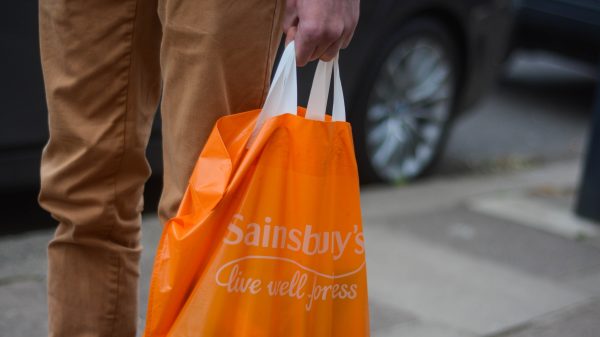Supermarkets and shoppers will be hit by a “tsunami of new taxes” under proposed government policies, industry leaders have claimed.
Henry Dimbley’s “National Food Strategy” report, published today, has called for a £6 per kg salt tax and a £3 per kg sugar tax on processed foods.
Dimbleby, a restaurateur whose review was commissioned two years ago by the government, recommended the taxes come into force in 2024.
He predicted they would reduce the average person’s salt and sugar intake by up to 600g and 10g respectively.
READ MORE: Food and petrol price rises drive UK inflation higher in June, ONS reveals
The move is meant to “break the cycle” of junk food and reduce obesity, which Dimbleby labelled a “huge factor” in Covid deaths.
However, critics argued that the proposals were unscientific and would hurt “hard-up families”, raising grocery bills by £172 a year.
One source attacked the report’s “obsession” with “ultra-processed” foods.
“We just don’t recognise that as a definition,” they told The Grocer.
“It’s a phrase, it’s not science and it risks demonising thousands of products which we do not accept are unhealthy.
“They are effectively saying vast swathes of the supermarket is just junk.”
However, public health expert Simon Capewell claimed these ultra-processed foods meant families were “drowning in a sea of calories”.
“We know with the pandemic people who are overweight are particularly vulnerable to infection,” he continued.
“Now is the time for us to act.”
Green Party MP Caroline Lucas cast doubt on whether Dimbleby’s recommendations would influence the government.
“Too often an essential report which ministers themselves have commissioned ends up being ignored,” she told the BBC.
The news comes just weeks after the government finalised plans to block junk food adverts.
Foods high in salt, sugar or fat will be banned from advertising on TV before the 9pm watershed and “paid-for” online slots.
Some complained the proposals had been watered down since the Queen’s Speech, which pledged a “total ban online”.
Unhealthy brands can continue advertising on their own websites, blogs and social media pages.



